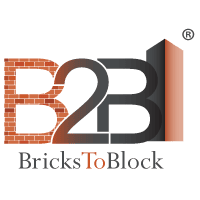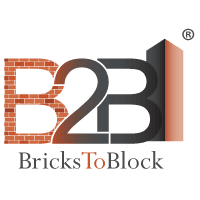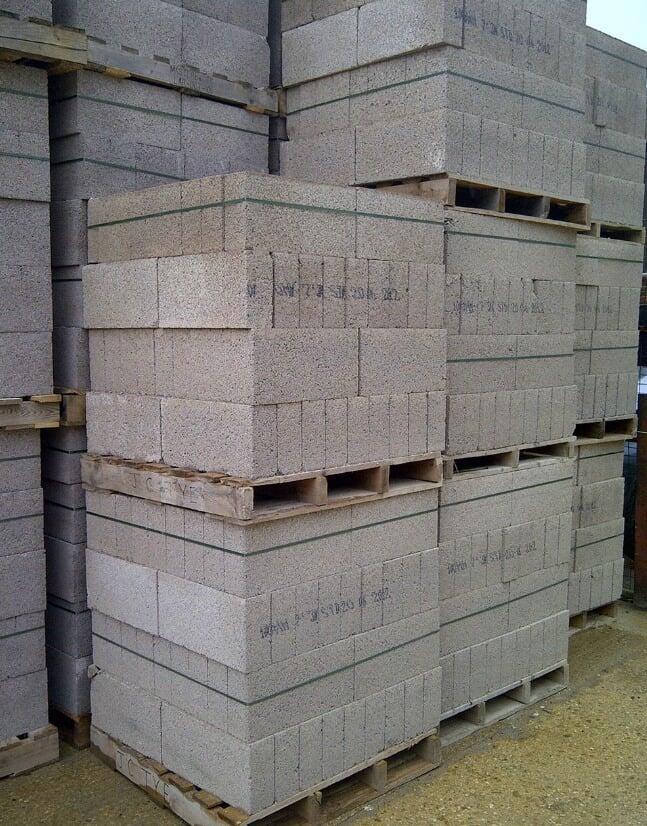
Welcome to "The Advantages of Using Solid Concrete Blocks in Construction." In this guide, we explore the benefits of choosing solid concrete blocks for building. From durability and structural integrity to insulation and cost-effectiveness, we'll cover why these blocks are a top choice for modern construction. Join us as we uncover the advantages that make solid concrete blocks essential for building projects today and in the future.
1. Durability:
Solid concrete blocks are renowned for their exceptional durability, making them a preferred choice for construction projects where resilience is paramount.
Resistance to Weathering, Fire, and Pests: Solid concrete blocks exhibit remarkable resistance to the elements, including harsh weather conditions such as extreme temperatures, moisture, and UV radiation. This resistance helps maintain the structural integrity of buildings over time, reducing the need for frequent repairs and replacements. Additionally, solid concrete blocks are inherently fire-resistant, offering enhanced protection against fire hazards compared to other construction materials. Moreover, their dense composition makes them less susceptible to pest infestations, ensuring long-term stability and safety for occupants.
Longevity Compared to Other Construction Materials: One of the standout features of solid concrete blocks is their longevity. Unlike some traditional building materials that may deteriorate over time, concrete blocks maintain their strength and integrity for decades, even centuries. This longevity translates to lower maintenance costs and a reduced environmental impact, as fewer resources are needed for replacements and repairs. By choosing solid concrete blocks, builders can create structures that stand the test of time, contributing to sustainable and resilient communities.
2. Structural Integrity:
Solid concrete blocks provide unparalleled strength and stability, serving as the backbone of robust construction projects. Here's how they excel in ensuring structural integrity:
Strength and Stability Provided by Solid Concrete Blocks: Solid concrete blocks are engineered to withstand significant loads and forces, making them ideal for supporting the weight of buildings and infrastructure. Their dense composition and uniform construction contribute to high compressive strength, enabling them to resist deformation and structural failure under stress. Whether used in load-bearing walls, foundations, or retaining structures, solid concrete blocks offer reliable support, ensuring the safety and stability of the built environment.
Support for Heavy Loads and Structural Integrity in Various Conditions: In diverse environmental and operational conditions, solid concrete blocks excel in maintaining structural integrity. From seismic events to dynamic loads and vibrations, these blocks provide robust support, minimizing the risk of damage or collapse. Additionally, their resistance to moisture and chemical exposure makes them suitable for a wide range of applications, including coastal regions and industrial settings. By choosing solid concrete blocks, builders can create structures that withstand the challenges of the environment, ensuring longevity and safety for occupants.
3. Thermal Insulation:
Solid concrete blocks offer significant advantages in thermal insulation, providing both comfort and energy efficiency for buildings. Here's how:
Ability to Regulate Indoor Temperature: Solid concrete blocks possess excellent thermal mass properties, enabling them to absorb, store, and release heat gradually. This inherent thermal inertia helps stabilize indoor temperatures by moderating fluctuations caused by external weather conditions. As a result, buildings constructed with solid concrete blocks maintain a more comfortable and consistent indoor climate throughout the year, reducing the need for excessive heating or cooling.
Reduction of Energy Consumption and Cost-effectiveness: The superior thermal insulation provided by solid concrete blocks translates into tangible energy savings for building occupants. By minimizing heat transfer through walls, floors, and roofs, these blocks reduce the demand for heating and cooling systems, leading to lower energy consumption and utility bills. Moreover, their long lifespan and minimal maintenance requirements contribute to cost-effectiveness over the lifetime of the building, making them a sustainable choice for environmentally conscious projects.
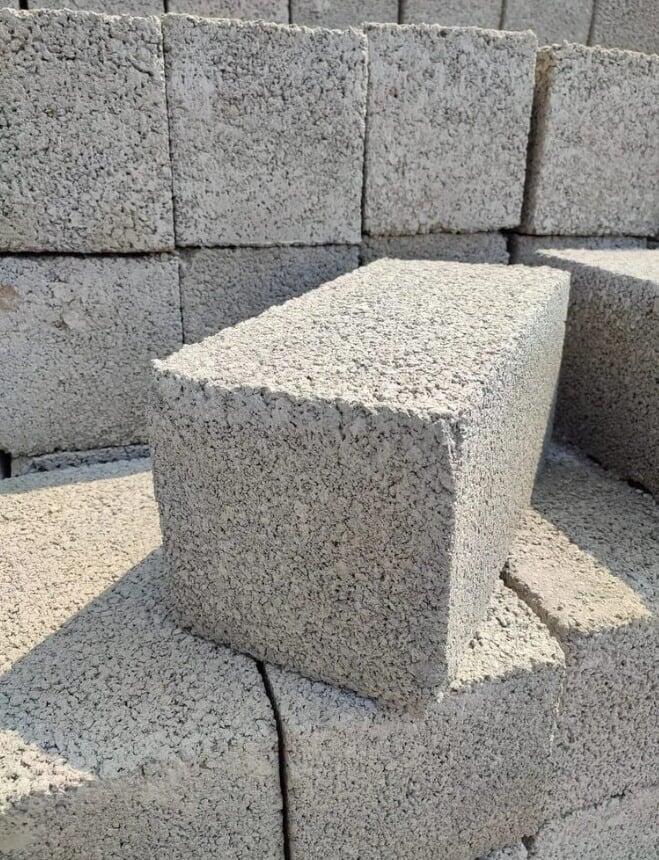
4. Sound Insulation:
In addition to thermal performance, solid concrete blocks excel in sound insulation, offering enhanced comfort and privacy within buildings. Here's how they achieve this:
Minimization of Noise Transmission Through Walls: Solid concrete blocks exhibit high mass and density, effectively blocking the transmission of airborne sound waves through walls. This property helps reduce external noise pollution from traffic, construction, and other sources, creating quieter and more peaceful indoor environments. Whether used in residential, commercial, or institutional buildings, solid concrete blocks contribute to a more conducive atmosphere for work, relaxation, and rest.
Enhancement of Comfort and Privacy Within Buildings: By minimizing noise transmission, solid concrete blocks enhance comfort and privacy for building occupants. They create a sense of tranquility and seclusion, allowing individuals to focus, communicate, and rest without disruptions from external disturbances. Additionally, the privacy afforded by sound-insulated walls enhances the quality of living and working spaces, fostering a sense of security and well-being among occupants. Overall, solid concrete blocks play a crucial role in enhancing the acoustic performance and livability of buildings, enriching the user experience.
5. Sustainability:
Solid concrete blocks offer significant environmental benefits and contribute to sustainable construction practices. Here's how:
Environmental Benefits of Using Concrete Blocks: Concrete is primarily composed of naturally occurring materials such as cement, aggregates (sand, gravel), and water. Unlike some construction materials that rely on non-renewable resources or contribute to habitat destruction, the production of concrete blocks has a relatively low environmental impact. Additionally, concrete blocks can be manufactured locally, reducing transportation emissions associated with sourcing materials from distant locations. By choosing concrete blocks, builders can minimize their ecological footprint and support environmentally responsible building practices.
Recyclability and Reduced Carbon Footprint Compared to Alternative Materials: Concrete blocks are highly recyclable and can be crushed and repurposed as aggregate for new concrete or other construction applications. This circular approach to material usage helps reduce the demand for virgin resources and minimizes waste sent to landfills. Furthermore, advancements in concrete production techniques, such as the use of supplementary cementitious materials and alternative binders, contribute to lower carbon emissions during manufacturing. Compared to alternative materials with higher embodied energy and environmental impact, solid concrete blocks offer a more sustainable choice for building projects.
6. Design Flexibility:
Solid concrete blocks provide architects and designers with unparalleled flexibility in creating diverse architectural expressions. Here's how they offer design versatility:
Versatility in Architectural Design and Construction: Concrete blocks can be molded into various shapes, sizes, and textures, allowing for endless design possibilities. From sleek and modern facades to rustic and textured finishes, concrete blocks can be customized to complement a wide range of architectural styles and aesthetics. Additionally, their versatility extends beyond aesthetics to functional considerations, such as load-bearing capacity, thermal performance, and acoustic properties. Whether used in residential, commercial, or public buildings, solid concrete blocks offer architects the freedom to realize their design vision while meeting structural and performance requirements.
Various Sizes, Shapes, and Finishes Available to Meet Project Requirements: Solid concrete blocks are available in a multitude of sizes, shapes, and finishes to suit specific project needs. Standard sizes range from traditional modular units to larger format blocks, providing flexibility in construction techniques and layouts. Moreover, concrete blocks can be molded with intricate details, patterns, and textures to create visually striking facades and interior features. Whether seeking a seamless monolithic look or a textured facade with visual depth, designers can choose from a wide array of finishes, including smooth, split-faced, scored, or polished surfaces. This diversity of options empowers architects to tailor their designs to the unique context and requirements of each project, fostering creativity and innovation in architectural expression.
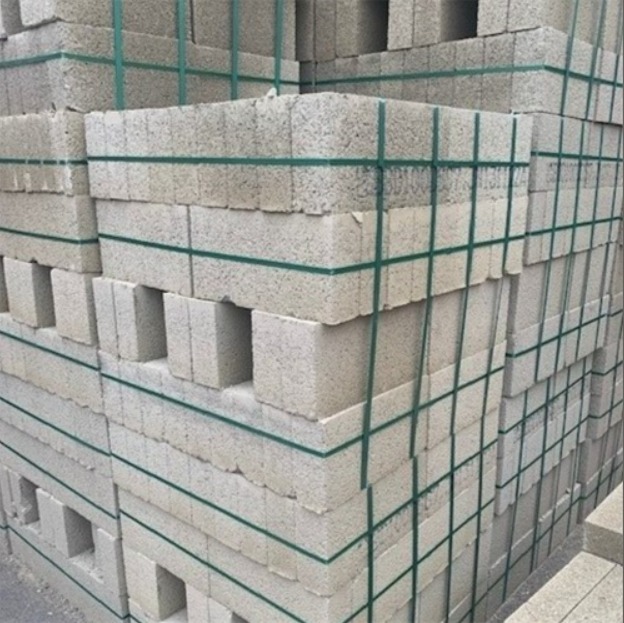
7. Cost Efficiency:
Solid concrete blocks offer significant cost savings over the long term, making them a financially prudent choice for construction projects. Here's why:
Affordability and Long-term Savings Associated with Solid Concrete Blocks: Concrete blocks are readily available and competitively priced compared to alternative building materials. Their affordability makes them accessible to a wide range of construction projects, from residential homes to large-scale commercial developments. Additionally, the durability and longevity of solid concrete blocks translate into long-term savings for building owners and developers. By investing in a robust building envelope constructed with concrete blocks, stakeholders can minimize future expenditures on repairs, replacements, and maintenance, resulting in a favorable return on investment over the lifespan of the structure.
Reduction of Maintenance and Repair Expenses Over the Lifespan of the Structure: Solid concrete blocks require minimal maintenance compared to some other building materials prone to deterioration, weathering, or pest infestations. Their inherent resistance to moisture, fire, and pests ensures prolonged structural integrity and performance, reducing the need for costly repairs and remediation efforts. Additionally, the low maintenance requirements of concrete blocks contribute to operational efficiency and occupant satisfaction, as building owners can allocate resources to other priorities rather than ongoing upkeep. By choosing solid concrete blocks, stakeholders can mitigate the risk of unforeseen maintenance expenses and optimize the lifecycle cost of their buildings.
Conclusion:
In conclusion, the advantages of using solid concrete blocks in construction are abundant and compelling. From their durability and structural integrity to their thermal and sound insulation properties, concrete blocks offer a comprehensive solution for building projects seeking superior performance and sustainability. Furthermore, their design flexibility, cost efficiency, and environmental benefits make them a preferred choice for architects, engineers, and developers worldwide.
As we've explored in this guide, solid concrete blocks provide unmatched durability, energy efficiency, and design versatility, all while delivering long-term cost savings and environmental stewardship. Therefore, we encourage stakeholders to consider incorporating solid concrete blocks into their future building projects, leveraging the myriad benefits they offer to create resilient, sustainable, and economically viable structures. By embracing this versatile building material, we can build a better future for generations to come.
